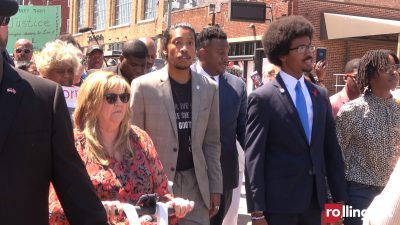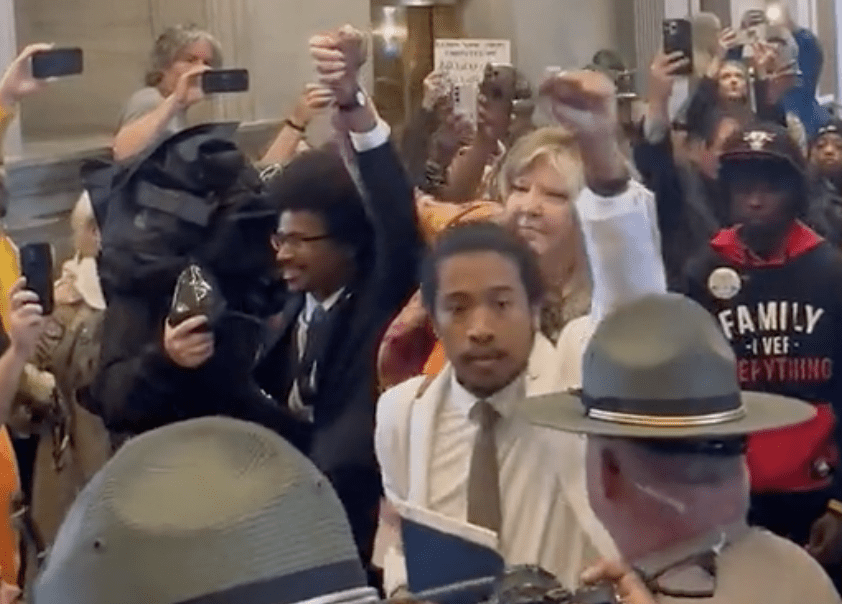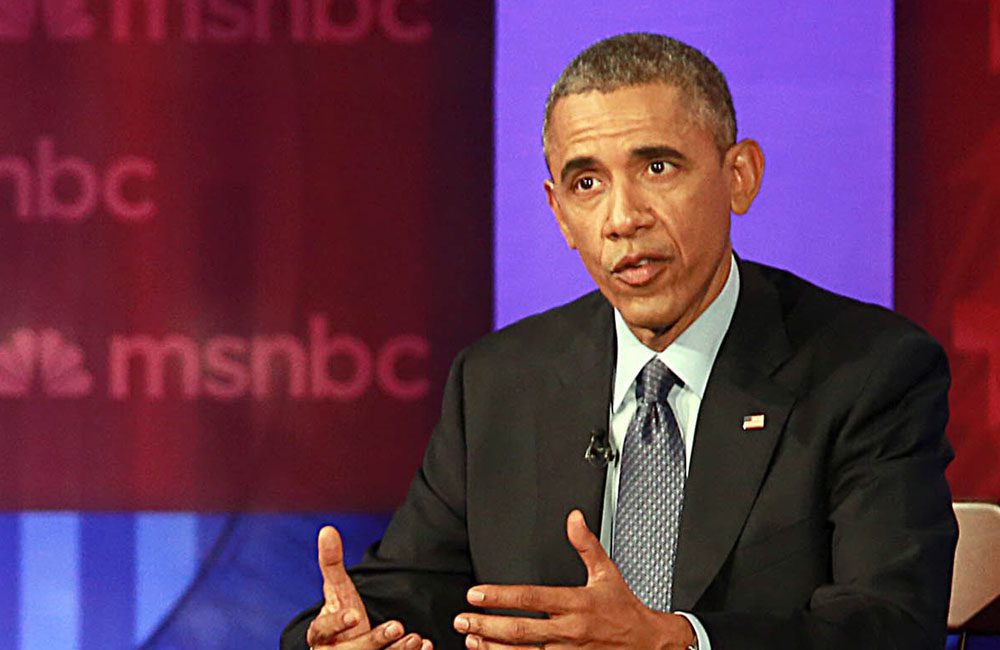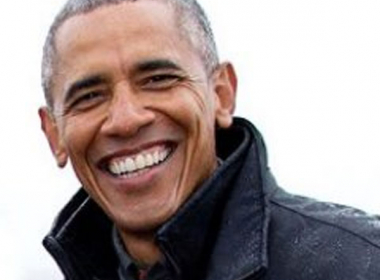 Washington (CNN) — In a major defeat for supporters of tougher gun laws, the U.S. Senate on Wednesday defeated a compromise proposal to expand background checks on firearms sales.
Washington (CNN) — In a major defeat for supporters of tougher gun laws, the U.S. Senate on Wednesday defeated a compromise proposal to expand background checks on firearms sales.
The bipartisan plan brokered by Sens. Joe Manchin, D-West Virginia, and Pat Toomey, R-Pennsylvania, was backed by President Barack Obama in his push for a package of gun laws in the aftermath of the Newtown school massacre.
However, fierce opposition by the powerful National Rifle Association led a backlash by conservative Republicans and a few Democrats from pro-gun states that doomed the amendment to the broader package of legislation.
Due to procedural steps by Republican opponents, the amendment required 60 votes to pass in the 100-member chamber, meaning Democrats and their Independent allies who hold 55 seats needed support from some GOP senators to push them through.
The final vote was 54 in favor to 46 opposed with two Republicans joining most Democrats in supporting the compromise.
The overall gun legislation includes tougher laws on gun trafficking and straw purchases, and steps to devise ways to improve safety in schools.
It would be the most significant gun legislation before Congress in almost two decades, and comes four months after the December shootings at Sandy Hook Elementary School in Newtown, Connecticut, that killed 20 first-graders and six educators.
Obama pushed hard for Congress to include expanded background checks in any gun package and the White House campaigned in support of the Manchin-Toomey compromise.
However, the NRA promised political retribution against supporters of tougher gun laws.
“You may not win today … but I will say that you did the right thing,” veteran GOP Sen. John McCain of Arizona said in praising Manchin and Toomey tor political courage in proposing their compromise. McCain was one of three Republicans who supported the compromise.
Manchin earlier sounded resigned to defeat, telling his colleagues that regardless of how the chamber votes, the issue of background checks “is not going to go away.”
The NRA has said an expanded background check system would be the first step toward a national gun registry and therefore a violation of the constitutional right to bear arms.
Manchin and other supporters rejected that claim, noting the compromise amendment prohibited a national gun registry and criminalizes misusing background check data for that purpose.
Senate Majority Leader Harry Reid warned Republicans that the strong majority of Americans who support expanded background checks won’t forget votes against the Manchin-Toomey compromise.
“The American people … have a long, long memory,” he said.
Meanwhile, conservative Republicans proposed an alternative package of gun laws that reflected the NRA position.
The GOP plan, introduced Wednesday after weeks of hearings and debate on Democratic proposals, lacked any expansion of background checks but called for more funding to better enforce the existing system.
A sponsor of the Republican alternative, Sen. Ted Cruz of Texas, said it would target the gun violence problem in a way that the Democratic proposal before the Senate would not.
In response, Judiciary Committee Chairman Sen. Pat Leahy, D-Vermont, called the GOP’s last-minute proposal a “weak and counterproductive alternative.”
Other proposed amendments to the gun package sent to the Senate by Leahy’s committee include a ban on semi-automatic firearms modeled after military assault weapons sponsored by Democratic Sen. Dianne Feinstein of California, and a plan by Republican Sen. John Cornyn of Texas to make state concealed weapons permits acceptable throughout the country.
The Senate debate was expected to last several days and any legislation passed would then go to the Republican-led House. So far, House Speaker John Boehner has stopped short of promising a vote on whatever the Senate sends over.
Obama and others have been highlighting daily gun violence in America in their appeal to lawmakers for stricter limits.
Many in Washington have coalesced around expanding background checks conducted on gun sales. However, settling on the exact mechanism of such a step has been difficult in a sharply divided political climate, with the NRA leading a strong lobbying effort against proposed changes.
Few amendments may pass
The Manchin-Toomey proposal would have extend background checks to private transactions at gun shows and all Internet sales.
Reid, D-Nevada, said last month that Feinstein’s revised ban on some semiautomatic weapons, which was approved by the Judiciary Committee with no Republican support, had no chance of passing.
He agreed to allow Feinstein to propose it as an amendment instead of including it in the legislative package from the judiciary panel.
Polls support background checks
Polls show that a strong majority of Americans support some type of initiative to stem gun violence. In a CNN/ORC International poll released last week, 86% of Americans say they support expanded background checks.
However, a majority of Americans also fear that increased background checks would lead to a federal registry of gun owners that could allow the government to take away legally owned weapons.
White House spokesman Jay Carney called any claim that the Manchin-Toomey plan would lead to a federal gun registry and confiscation of firearms “absurd and false and wrong.”
“The legislation itself prohibits that,” he said, adding “what should be clear to those senators who are considering this, because it’s clear to the American people, is that this is common sense.”













